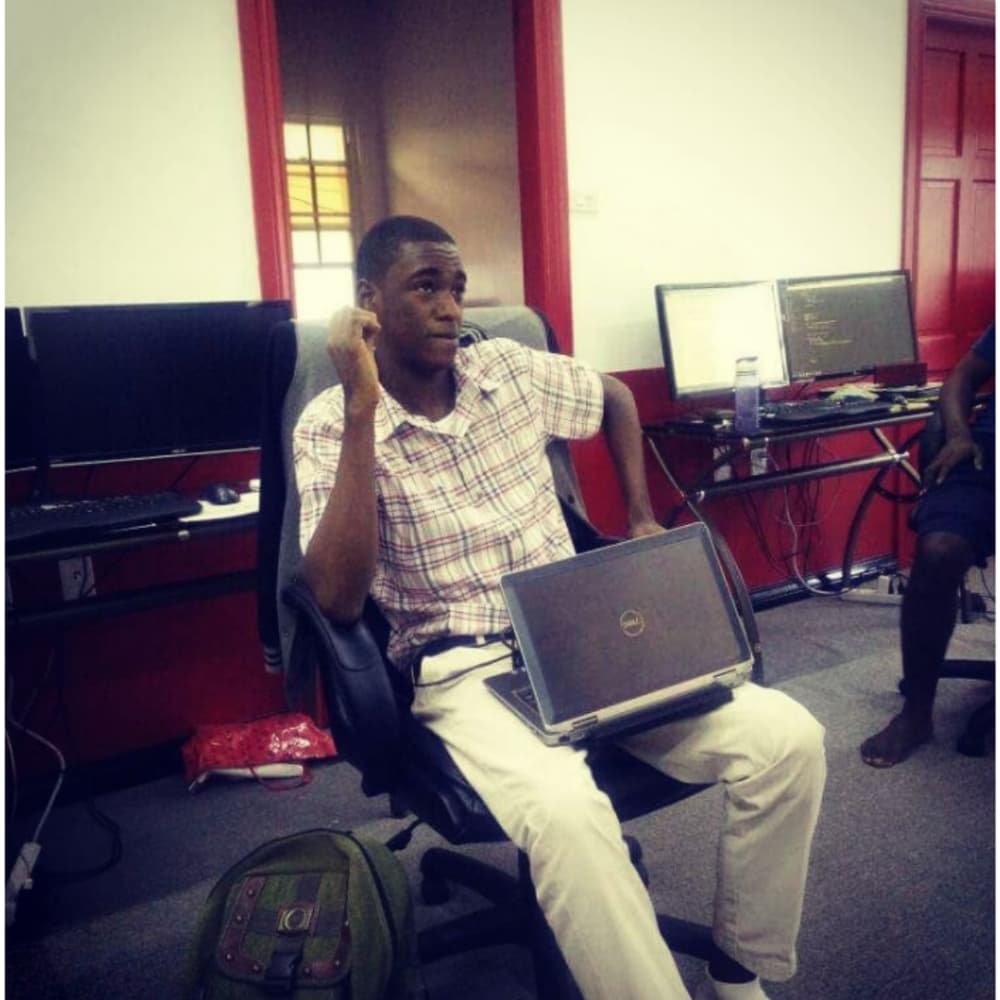First published on LinkedIn on April 30, 2022
Genesis.
When I started as a software developer in 2017, I had no idea what I was getting myself into, it sounded exciting and challenging, and I just knew I had to do it.
I had dropped out of college a year earlier where I was doing pre-law and was well on my way to securing a scholarship to Hugh Wooding Law School. It took a lot of guts to do what I did, going against family and drowning out the “common sense” everyone was trying to talk into me, but I knew I had to do this. So with nothing more than a burning desire, I informed my lecturers of my intentions and booked a flight back home.
It took me what I can only describe as the longest and most challenging year of my life to land my first job as a developer. I had my sights set on one company, so I didn’t even bother applying anywhere else for a similar role. Instead, I took a job at a night club and my day job was managing and operating a Digicel outlet. You must be thinking, “You’re crazy. If you dropped out of college to be a developer, why not apply at software companies?” Well, dear reader, there are two simple answers to this:
- I’m extremely stubborn
- I wasn’t ready
I hadn’t written a single line of code since high school, so I needed time to prepare. I spent months taking crash courses and reading books; still, none of that fully prepared me for this journey.
It’s not all code. 90% of it isn’t!
A common misconception among people just starting is that they need to be the best coder in the world, so that’s what they try to be. The truth is, you only need to be good enough to land a job. Coding is something you get better at with time and practice.

Yes, that’s me, at my first job interview, nervously gripping the chair and biting my lips. I can’t remember the exact line of questioning, but it had very little to do with my ability to code and more about my fit for the team. I had borrowed my then girlfriend’s laptop, anticipating I’d have to demonstrate my coding skills on the spot, but that was of little importance.
Personality, willingness and ability to learn, and a little bit of luck are what I’d credit for landing my first role at the company I had my heart set on.
So, where am I now?
I resigned in 2020 to start my own company because I felt it was time to challenge myself in new ways, and I can’t think of anything more challenging or exciting than running a company.
My focus since starting the company has been more business-centric. I spend less time coding and more on the operational side. I’ve also recently accepted a full-time position at a much larger company where I get to code daily and learn from leaders.
In short, if there’s anything you should take away from what you’ve read about my journey is that determination and passion take you a long way so remember, you don’t have to be great at it to start, only good enough.